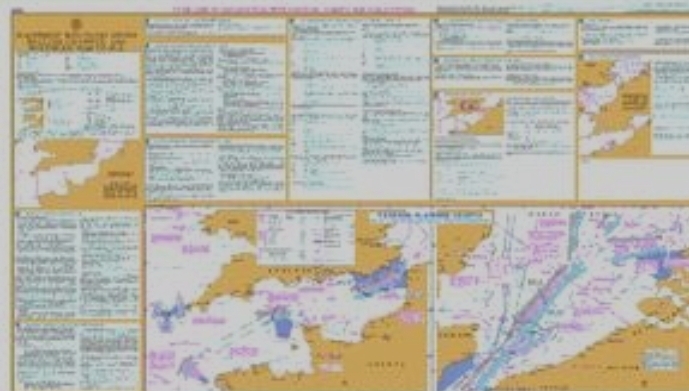- The Dover strait is an area of highly traffic congestion and the details of the TSS in use and master’s legal
obligation under colregs are discussed in detail.
Specific regulation
- The special regulations which apply to the TSS scheme are summarised within the passage plan chart.
Recommendations for vessels of over 300grt with regard to the electronic position fixing equipment to be fitted on board to improve the navigation methods are given. - The limits of the chart and their numbers which will be used for the passage are printed.
RADIO REPORTING SYSTEM:
- All vessels transiting the English channel are required to report at various points to the UK and France
maritime authorities while using the TSS off Ouessant, Cape Gris-Nez and Dover coast guard. - Guidance regarding Special reporting arrangements and reporting points for vessels carrying oil and
dangerous cargo are mentioned in detail. - Radio reporting procedures to the port of destination along with complete details of cargo and vessels
navigation capabilities are mentioned. - Tanker checklist and documents to be produced to the various authorities are listed in detail.
MARITIME RADIO SERVICE:
- Details of stations operating in the area together with their times of transmission, types of messages (Nav
wngs, weather messages, storm wngs) are given. - Details of Navtex service are also given.
- TIDAL INFORMATION AND SERVICES:
- Offshore tidal data with an illustration/example of the use of co-tidal, co-range lines are explained.
- Maximum tidal stream rate in relation to HW Dover are included in this section.
PILOTAGE SERVICES:
- Details of request for deep sea pilots for respective ports and the relevant communications required are
available. - Rendezvous points for helicopter/pilot transfer and procedural action.
